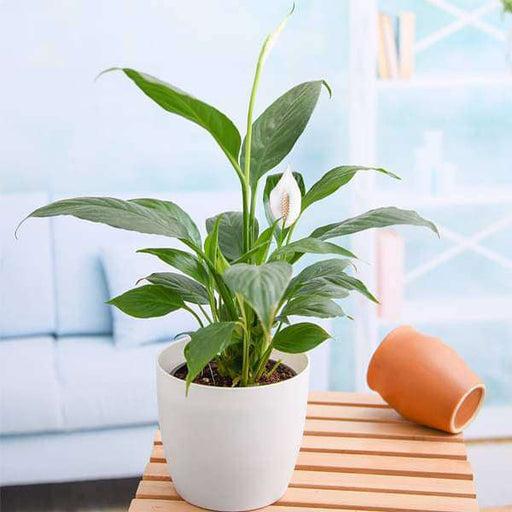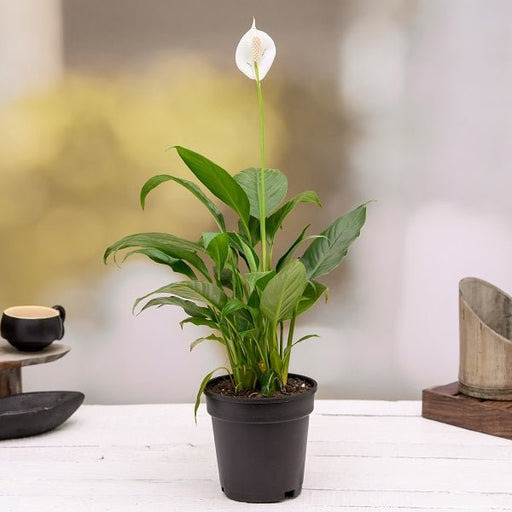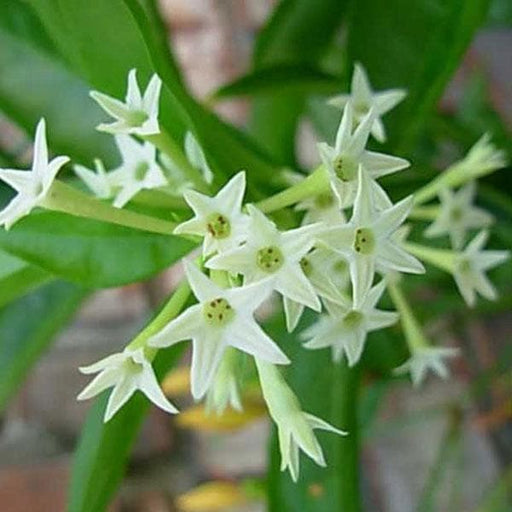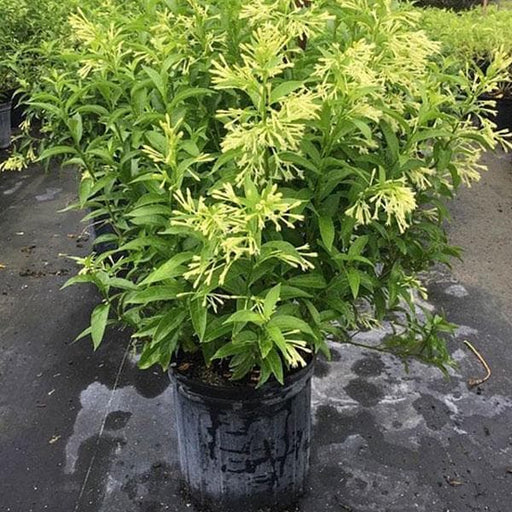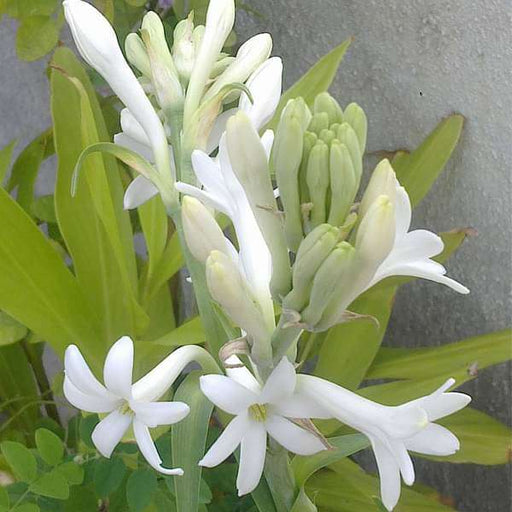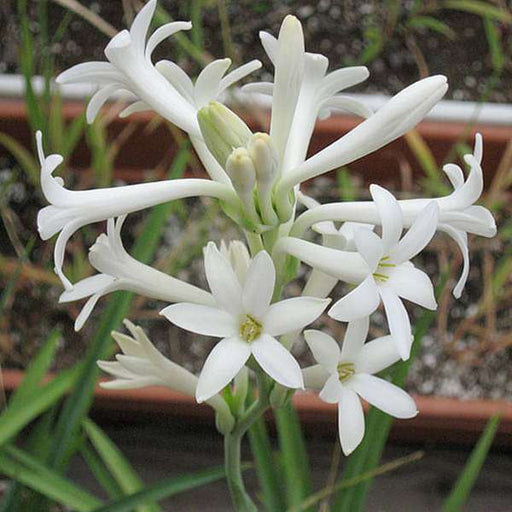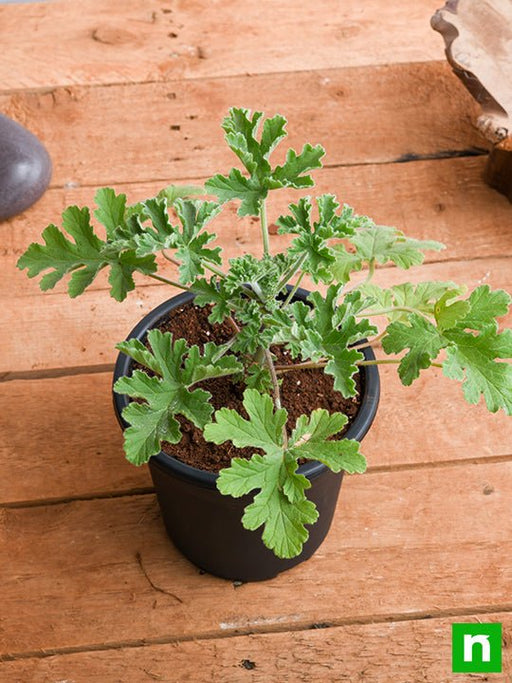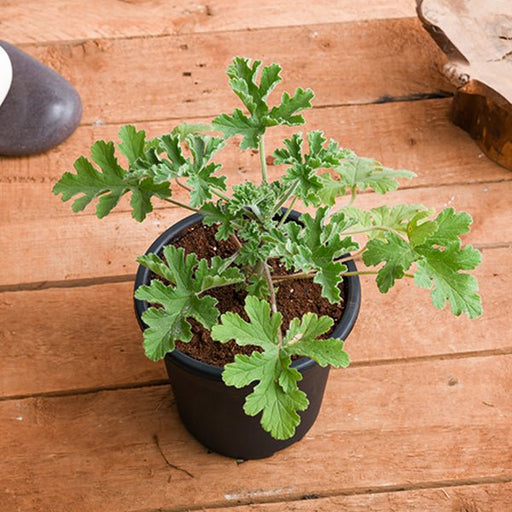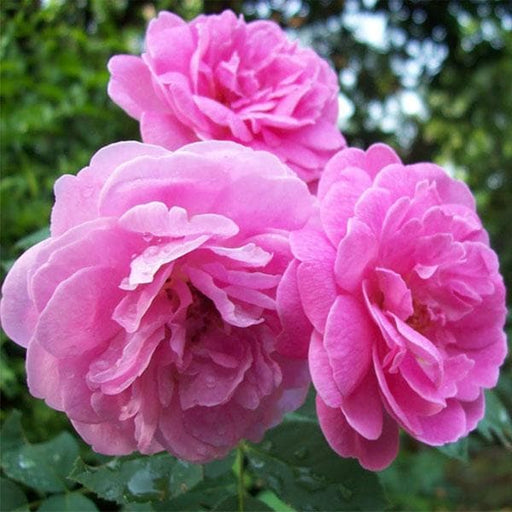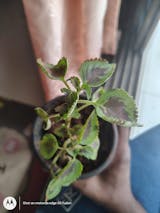Citronella Plants
Citronella plants are one of the most popular insect-repellent plants. They contain citronella oil, which is known for its strong mosquito-repelling properties. Citronella plants can be grown in containers or planted in the ground.
Lavender Plants
Lavender plants not only have a pleasant aroma, but they also have insect-repellent properties. They can help keep mosquitoes, flies, and other insects at bay. Lavender plants can be grown in containers or planted in the ground.
Lemon Balm Plants
Lemon balm plants contain citronella and other compounds that can help repel mosquitoes and other insects. They have a pleasant lemon scent and can be grown in containers or planted in the ground.
Basil Plants
Basil plants have strong insect-repellent properties and can help keep mosquitoes, flies, and other insects away. They are also a popular herb used in cooking and can be grown in containers or planted in the ground.
Peppermint Plants
Peppermint plants have a strong scent that can help repel mosquitoes, ants, and other insects. They can be grown in containers or planted in the ground.
Rosemary Plants
Rosemary plants have insect-repellent properties and can help keep mosquitoes and other insects away. They also have culinary uses and can be grown in containers or planted in the ground.
Catnip Plants
Catnip plants contain nepetalactone, which is known to repel mosquitoes and other insects. They are also a popular herb used in tea and can be grown in containers or planted in the ground.
Marigold Plants
Marigold plants contain pyrethrum, which is a natural insecticide. They can help repel mosquitoes, flies, and other insects. Marigolds can be grown in containers or planted in the ground.
Eucalyptus Plants
Eucalyptus plants contain eucalyptol, which is known for its insect-repellent properties. They can help keep mosquitoes, flies, and other insects at bay. Eucalyptus plants can be grown in containers or planted in the ground.
Lemongrass Plants
Lemongrass plants contain citronella and other compounds that can help repel mosquitoes and other insects. They have a pleasant lemon scent and can be grown in containers or planted in the ground.
Sage Plants
Sage plants have insect-repellent properties and can help keep mosquitoes and other insects away. They also have culinary uses and can be grown in containers or planted in the ground.
Thyme Plants
Thyme plants have insect-repellent properties and can help keep mosquitoes and other insects away. They also have culinary uses and can be grown in containers or planted in the ground.
Chrysanthemum Plants
Chrysanthemum plants contain pyrethrum, which is a natural insecticide. They can help repel mosquitoes, flies, and other insects. Chrysanthemums can be grown in containers or planted in the ground.
Mint Plants
Mint plants have a strong scent that can help repel mosquitoes and other insects. They can be grown in containers or planted in the ground.
Tansy Plants
Tansy plants contain thujone, which is known for its insect-repellent properties. They can help keep mosquitoes, flies, and other insects at bay. Tansy plants can be grown in containers or planted in the ground.
Wormwood Plants
Wormwood plants contain artemisinin, which is known for its insect-repellent properties. They can help keep mosquitoes and other insects away. Wormwood plants can be grown.
Geranium Plants
Geranium plants contain citronella and other compounds that can help repel mosquitoes and other insects. They have a pleasant floral scent and can be grown in containers or planted in the ground.
Nasturtium Plants
Nasturtium plants contain sulfur compounds that can help repel insects. They can be grown in containers or planted in the ground and produce bright and colorful flowers.
Allium Plants
Allium plants contain sulfur compounds that can help repel insects. They are also known for their culinary uses and can be grown in containers or planted in the ground.
Mint Family Plants
The mint family, which includes plants like basil, mint, and rosemary, contains compounds that can help repel mosquitoes and other insects. These plants can be grown in containers or planted in the ground and are also popular herbs used in cooking.


